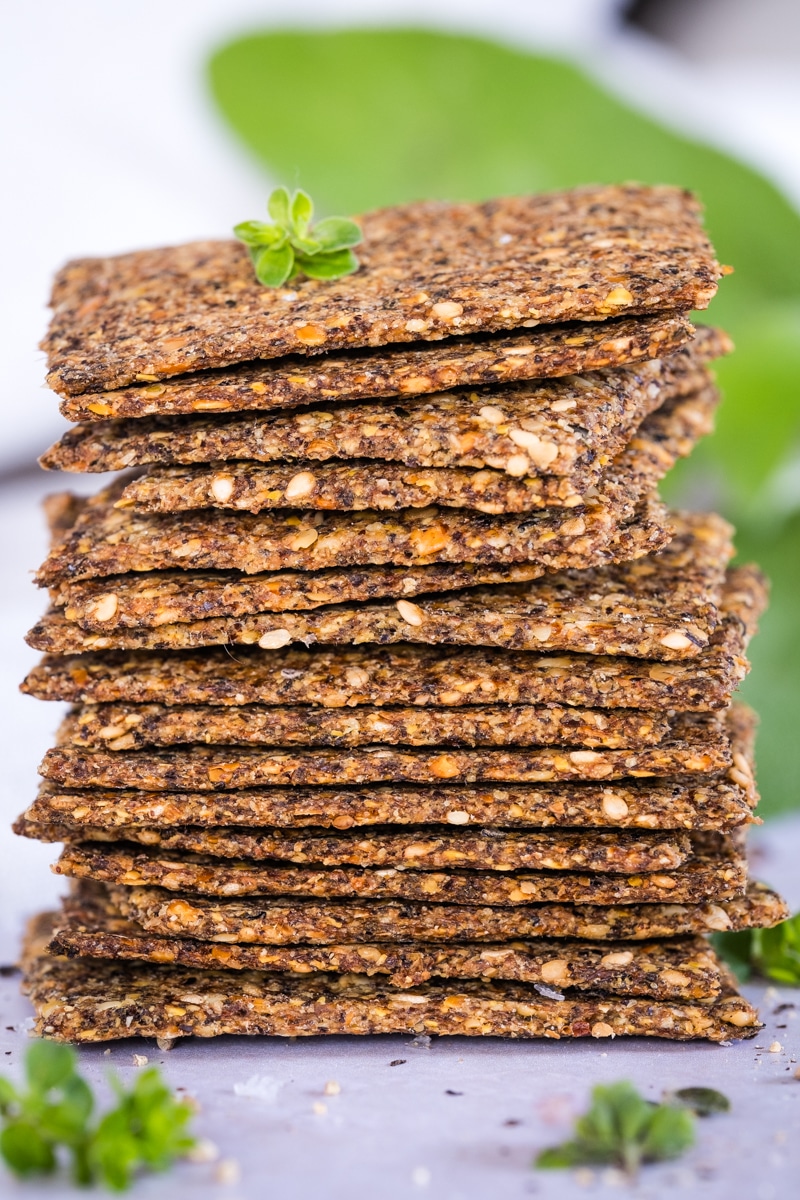Best 7 Keto Mediterranean Diet Options to Optimize Your Health in 2025
The Keto Mediterranean diet is a powerful combination that promotes weight loss while enhancing overall health. This low-carb diet emphasizes healthy fats, lean proteins, and a variety of nutrient-dense foods typical of Mediterranean cuisine. As we move into 2025, adopting these dietary patterns can elevate your health, optimize your body composition, and improve your quality of life.
At the heart of this nutritional strategy is the focus on whole foods, healthy fats, and seasonal eating. The Mediterranean diet has long been celebrated for its health benefits, including enhanced heart health and improved brain function. By incorporating a ketogenic approach, you tailor this diet to maximize fat burning while enjoying delicious food options.
In this article, we will explore the best seven keto Mediterranean diet options, practical meal strategies, and how to successfully transition to a keto lifestyle while enjoying flavorful meals that maintain macro balance. Let’s dive into these options and learn how they can be beneficial for you.

Essential Healthy Fats to Include
Incorporating healthy fats is vital in any keto diet plan. The Mediterranean diet’s emphasis on quality fats, like olive oil, is a perfect complement to a low-carb lifestyle. Healthy fats not only promote satiety but are also essential for nutrient absorption and hormone regulation.
Benefits of Olive Oil as a Healthy Fat Source
Olive oil is a cornerstone of Mediterranean cuisine and crucial for a keto diet. Rich in monounsaturated fats, it helps control blood sugar and inflammation. Including olive oil in your meals can enhance flavor while supporting your body’s overall health. The antioxidants found in quality olive oil also contribute to its anti-inflammatory properties, further enhancing its health benefits.
Including Avocados for Nutritional Density
Avocados are another exceptional source of healthy fats. They are low in carbs and high in fiber, creating ideal keto-friendly options. Moreover, avocados offer essential vitamins and minerals like potassium, which supports muscle function and heart health. Try adding them to salads or smoothies for a nutritious boost.
Exploring Nuts and Seeds for Nutrients
Nuts and seeds are fantastic additions to a keto Mediterranean diet. They provide healthy fats, fiber, and protein while being incredibly versatile. Almonds, walnuts, chia seeds, and flaxseeds can be easily included in various meals or enjoyed as snacks. Remember to practice portion control, as these calorie-dense foods can add up quickly.
Top Lean Proteins to Optimize Your Meals
Protein is a critical component of any successful diet. By focusing on lean protein sources, you can maintain muscle mass while facilitating weight loss in a ketogenic framework. The Mediterranean tradition offers a myriad of choices for incorporating lean proteins into your meals.
Incorporating Fish and Seafood into Your Diet
Fish, particularly fatty fish such as salmon, mackerel, and sardines, are rich in omega-3 fatty acids, promoting heart health and reducing inflammation. Aim for a variety of seafood to benefit from different nutrients and flavors. Preparing grilled or baked fish dishes can effortlessly elevate your meal prep.
Exploring Poultry and Lean Meat Options
Poultry, such as chicken or turkey, provides high-quality protein with lower fat content than other meats. Opting for organic or pasture-raised options can further enhance nutrient quality. Incorporate these proteins into salads, stews, or as part of main dishes, and consider utilizing Mediterranean herbs to infuse flavor.
Embracing Plant-Based Proteins in Your Meals
For those following a more plant-based diet, legumes can also be incorporated in moderation, depending on your carb allowance. While higher in carbs compared to other protein sources, beans and lentils offer fiber and a variety of vitamins. To enjoy them while maintaining a ketogenic approach, control portion sizes and combine them with plenty of healthy fats and vegetables.
Fiber-Rich and Keto-Friendly Vegetables
Vegetables play an essential role in any diet. In a keto Mediterranean diet, focusing on low-carb, fiber-rich vegetables can help balance your meals while enhancing health benefits. Enjoying a variety of vegetables leads to a greater intake of essential micronutrients.
Highlighting Low-Carb Vegetables for Keto
Leafy greens like spinach, kale, and arugula are excellent choices. These vegetables are very low in carbs but high in vitamins, minerals, and fiber. Adding them to smoothies, salads, or cooked dishes is an easy way to enhance nutrient density without increasing carbohydrate intake.
Incorporating Seasonal Vegetables
Seasonal vegetables not only taste better but tend to be more nutritious. Consider incorporating zucchini, bell peppers, and broccoli into your meals. These veggies bring flavor while providing essential vitamins and antioxidants that support overall health.
Creative Ways to Enjoy Vegetables
Exploring different cooking methods can help you enjoy vegetables more. Roasting, grilling, or sautéing vegetables with Mediterranean herbs can enhance flavor profiles and make meals more enjoyable. Be creative with your meal combinations and cooking styles to keep things interesting!

Meal Prep Strategies for Success
Transitioning to a keto Mediterranean diet involves commitment and organization. An effective meal prep strategy is essential for staying on track with your dietary goals. Planning meals in advance can help with portion control and macro balance.
Creating a Weekly Meal Plan
A structured meal plan allows for a diverse and nutrient-rich diet. Choose 2-3 protein sources, select healthy fats, and include various vegetables to ensure a balanced intake. Preparing meals in advance helps reduce stress during busy days and allows you to easily stick to your dietary guidelines.
Batch Cooking for Convenience
Batch cooking staple items—like grilled chicken, roasted vegetables, or prepared sauces—saves time and ensures your meals remain keto-friendly. Store these in convenient containers for quick access throughout your week. This approach not only reduces cooking time but also avoids the temptation of non-keto snacks.
Meal Portioning and Tracking Nutrient Intake
Implementing portion control plays a crucial role in maintaining a successful keto Mediterranean diet. Use measuring cups or a food scale to ensure you’re adhering to your macro targets. Additionally, tracking your food choices can help you become more mindful of your eating habits, allowing you to make necessary adjustments.
Delicious Keto-Friendly Meal Ideas
Creativity is key when it comes to making keto Mediterranean meals enjoyable. Here are some delicious meal ideas that combine all the essential components of the diet.
Filling Breakfast Options
Breakfast can be easy when focusing on keto-friendly ingredients. Try a spinach and feta omelet cooked in olive oil, paired with sliced avocado. For a quick smoothie, blend spinach, almond milk, and a tablespoon of almond butter for a nutritious and satisfying start to your day.
Lunch Ideas That Satisfy
A Mediterranean-inspired salad topped with grilled chicken or salmon, olives, cucumbers, and a drizzle of olive oil can be both refreshing and filling. Consider adding nuts or seeds for extra crunch and nutritional value.
Creative Dinner Recipes
For dinner, a zucchini noodle dish tossed with pesto and shrimp creates a flavorful main course. Roasted vegetables can serve as a perfect side, enhancing the meal's overall nutrient density while keeping it low-carb.
Q&A: Clarifying Common Questions
As many individuals explore the keto Mediterranean diet, several questions frequently arise. Below, we address common inquiries and provide practical solutions.
What Are the Main Health Benefits of Combining Keto with Mediterranean?
The combination enhances weight loss through improved blood sugar control while benefiting heart health due to the inclusion of healthy fats and nutrient-dense foods. This dietary plan promotes a sustainable lifestyle that can optimize health in the long term.
How Can I Maintain Meal Variety on a Low-Carb Diet?
Experimenting with different herbs, spices, and cooking styles can keep meals engaging. Incorporate a wide range of vegetables and protein sources, ensuring your meals never feel repetitive.
What Are Effective Meal Substitutions for Keto?
Consider using cauliflower rice instead of traditional rice, zucchini noodles instead of pasta, or almond flour in place of wheat flour. These substitutions keep meals satisfying while adhering to the keto guidelines.
As we wrap up our exploration of the keto Mediterranean diet, it's clear that this approach not only focuses on losing weight but emphasizes a whole-food ethos that prioritizes health and sustainability. By incorporating these seven keto Mediterranean diet options, you can optimize your health in 2025 and beyond.
